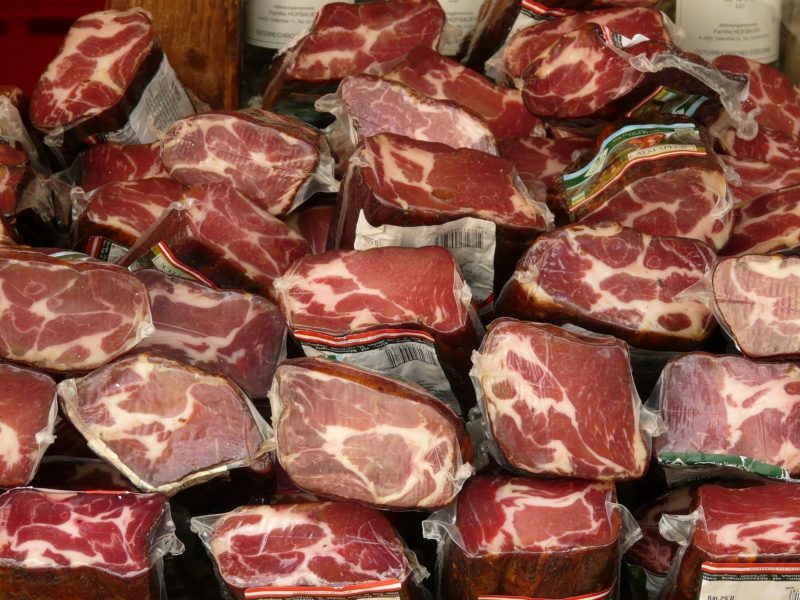Secure Foods

Antimicrobial resistance (AMR)
AMR develops when bacteria, fungi or viruses are exposed to antibiotics, antifungals or antivirals. As a result, the antimicrobials become ineffective and infections may persist. In addition, medical interventions including surgery, chemotherapy and stem cell therapy may become impossible.
AMR is considered the biggest global threat of Health and Food Safety.
AMR Insights
For Food professionals who wish to prevent Antimicrobial resistance in raw materials, intermediate and finished dairy, meat and other food products, AMR Insights offers selected, global information and data, specific education and extensive networking and partnering opportunities.
AMR Insights is for:
- Farmers and other agrifood primary producers
- Quality staff in Food, Dairy and Meat processing companies
- Lab technicians in contract research and analysis laboratories
- Regulatory authorities staff
- Quality staff in Retail
Latest Topics
-
 26 August 2024
26 August 2024Characterization of antimicrobial resistant Enterobacterales isolated from spinach and soil following zinc amendment
This study examined the presence and characteristics of antimicrobial resistant Enterobacterales in soils and spinach grown in soils with and without zinc amendment. 160 samples were collected from two locations, with some plots amended with zinc. Isolates were identified using MALDI-TOF and antimicrobial susceptibility testing. The study found that 20 antimicrobial resistant Enterobacterales were isolated […]
Read more... -
 22 August 2024
22 August 2024Phenotypic and genotypic antimicrobial resistance patterns in honey bee (Apis mellifera L.) bacterial symbionts
Antimicrobial resistance (AMR) is a significant global public health issue, with limited knowledge about the factors driving its spread. A study on 53 bacterial strains from honey bees found that 83% were resistant to at least one antimicrobial and 62% were multidrug-resistant. The most abundant gene encoding resistance to colistin mcr-1 was found in honey […]
Read more... -
 22 August 2024
22 August 2024Molecular characterization of Methicillin-resistant Staphylococcus aureus isolated in ready-to-eat food sold in supermarkets in Bobo-Dioulasso: case of charcuterie products
This study aimed to identify and characterize the resistance patterns of methicillin-resistant Staphylococcus aureus (MRSA) in charcuterie products sold in supermarkets in Bobo-Dioulasso, Burkina Faso. The study collected 72 samples from three supermarkets and used standard microbiology methods to characterize S. aureus isolates. Results showed that S. aureus was present in 51 (70.83%) of the […]
Read more...
More news related to Secure food



